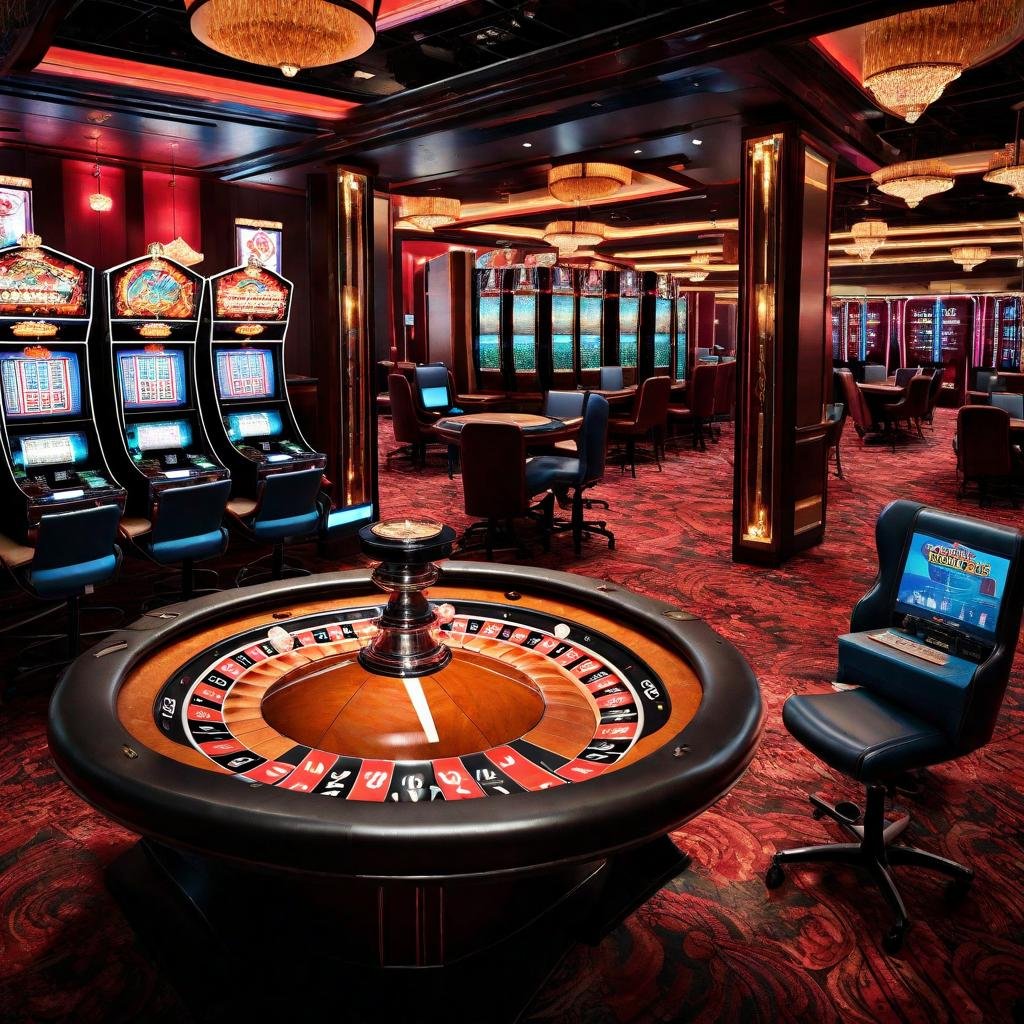
Gambling games have long been a significant aspect of human culture, delivering not just entertainment but a captivating reflection of our dreams, wishes, and fears. From the spinning reels of a slot machine to the strategic gameplay of poker, these games represent a spectrum of human sentiments and experiences. At their core, casino games are not just a chance to win money; they are a microcosm of life itself, where risk versus reward merge and fortunes can change in an instant.
As players gather around tables or sit in front of glowing machines, they participate in a ritual that transcends mere playing. These games echo our innate desires for relationships, excitement, and the search for fortune. They also reveal deeper truths about human behavior, such as our relationship with fate and the adrenaline of the unknown. In exploring casino games, we uncover not only the mechanics of play but also the intricate pattern of the human journey, showcasing our woven narratives of aspiration and reality.
The Psychology of Gambling
Wagering is intrinsically connected in the psyche of individuals, tapping into various feelings and desires. The excitement of risk-taking is a fundamental aspect that attracts participants, whether the excitement of spinning a roulette wheel or the excitement of drawing a winning hand in poker. This adrenaline is often compared to other forms of excitement, as the uncertainty of outcomes elicits a distinct psychological response. Gamblers often become captivated by the possibility of winning big, leading to an irresistible draw toward gambling games.
Another, an essential component of the psychology behind gambling is the concept of optimism and ambition. Players often indulge in fantasies of financial freedom and the opulent lifestyle that can accompany winning. This optimism fuels their ongoing participation in casino games, as it provides a sense of purpose and the conviction that a life-changing win could be just one wager away. The story of overcoming odds and finding success resonates with many, reinforcing their dedication to play and engage with these games.
Lastly, social dynamics play a significant role in gambling psychology. Casino environments are designed to foster social interaction, where gamblers gather to share the journey of wins and losses. This shared aspect not only enhances enjoyment but also influences behavior, as individuals often mimic the actions of others in their vicinity. The collective approval found in mutual thrill can enhance the emotional experience, making casino games a mirror of not just personal desires but also shared involvement within the gaming community.
### Risk and Reward: A Double-Edged Sword
Gambling games embody the delicate balance between risk and gain that resonates deeply with human psychology. The rush of placing a wager is often accompanied by a jolt of energy, as players are confronted with the prospect of a huge payout, yet fully aware of the possibility to lose. This dual experience reflects a core aspect of life: the choices we make often come with built-in risks, and the pursuit of reward can drive us to embrace risks we might not typically consider. In this way, casino games reflect real-world choices, enticing players to gamble not just their funds, but also their hopes.
The allure of jackpot prizes and winnings fuels a feeling of positivity, encouraging gamblers to dream of a brighter future that could emerge from a lucky spin of the wheel or flip of a card. This positive outlook can motivate individuals to engage in riskier behaviors, urging them to push their boundaries in search of economic benefit. However, just as in life, the results of these risks can lead to both triumph and failure. The narratives of both jackpot winners and those who have lost everything at the casino demonstrate the unpredictable nature of chance and its significant repercussions on our futures.
Ultimately, the interaction of engaging with gambling activities serves as a strong reminder of the human condition. Every round played is loaded with the tension of risk, as gamblers weigh the rewards against the risks. This interaction not only highlights the excitement that comes with gambling but also reveals the risks that come with the urge for more. As we journey through the challenges of choice and consequence in both the casino and in life, we find that the quest for gain shapes our identities and journeys in profound ways.
Society and Isolation in Casino Environment
Gambling environment is a unique combination of social interaction and personal endeavor, reflecting the tensions of individual experience. Gamblers often come together around games, experiencing in the excitement of the game, celebrating wins, and commiserating over losses. This social aspect is essential, as it establishes a sense of community and bonding among diverse groups of people. Regular attendees to gaming establishments may form friendships and establish routines, turning the casino into a second home where they experience linked to a larger community of gamblers.
However, the attraction of casino games can also result to loneliness. As players become engrossed in the thrill of playing, they may isolate from personal connections or neglect to interact with the environment outside the gaming space. For some, the pursuit of a windfall can distract from real relationships, leading to isolation. The situation of being among people yet feeling solitary is not rare, as the attention shifts from collective fun to the individual stakes of each player’s path. bakar69 slot
This interplay of community and solitude creates a rich mosaic that defines gaming culture. It highlights the intricacy of human interactions, where happiness and sorrow coexist. Gambling venues serve as both a sanctuary for social engagement and a platform for individual struggles, demonstrating how deeply connected our yearning for connection and the individual quest for wealth can be. In navigating this landscape, gamblers confront their own narratives—seeking both the rush of the wager and the companionship of fellow gamblers, ultimately reflecting the broader spectrum of human experience.